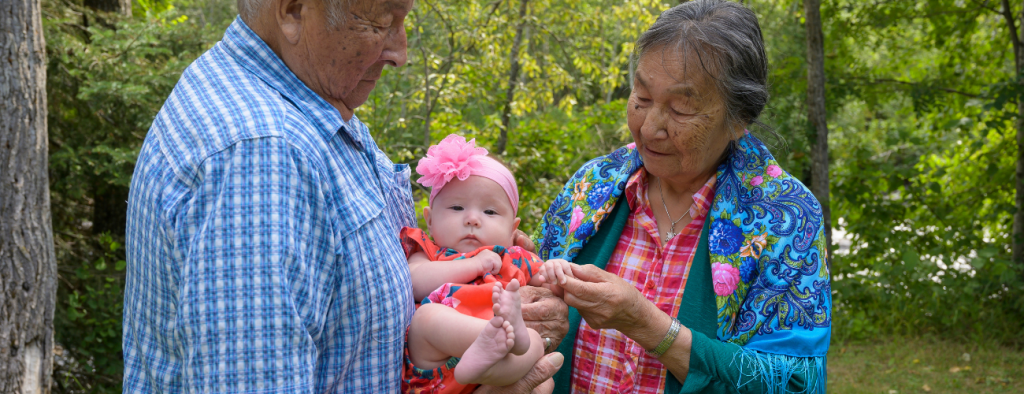Service model sees Tikinagan through pandemic
Service model sees Tikinagan through pandemic
A guiding philosophy based in community collaboration has helped Tikinagan Child and Family Services continue to grow during the COVID-19 pandemic.
“Following Tikinagan’s Mamow Obiki-ahwahsoowin model, we used the wisdom, guidance, teachings, and direction our communities and Elders to help move forward together in these unprecedented times,” said executive director Thelma Morris.

The Ojibway/Oji-Cree phrase means “everyone working together to raise our children,” a value reflected in Tikinagan’s dual-mandate approach to child welfare.
Tikinagan is accountable to chiefs of the 30 First Nations it serves to provide services that are culturally sensitive to the needs of Indigenous children, families and communities. Created as one of the first Indigenous-led child welfare agencies in 1984, Tikinagan is one of 53 children’s aid societies mandated under Ontario’s Child, Youth and Family Services Act to protect children from harm.
The service model is now described in detail in a set of comprehensive service manuals, including service standards and policies, and case management procedures and forms.
“Mamow Obiki-ahwahsoowin is designed to respect the inherent authority of First Nations to care for our own children,” according to the agency. “It acknowledges that our First Nation mandate supersedes provincial legislation and that our ultimate goal is the pursuit of complete First Nation jurisdiction over our own child welfare services.”
“Until this goal is achieved, Mamow Obiki-ahwahsoowin services are designed to be culturally appropriate and meet the needs of our First Nations and provincial legislation, regulations and standards.”
In practice, the Mamow Obiki-ahwahsoowin model means emphasizing multi-generational connections through Wee-chee-way-win Circles, supporting connection to traditional languages, and providing care through community-based workers, who often live in the communities they serve.
Workers collaborate with community representatives on client files to determine their needs and how to meet them while aligning with family and community values.
They look at aspects such as language, religion, values, and time spent previously with the prospective foster parent, seeking to cause as little disruption as possible in the life of the child while keeping them close to their community and culture.
“We seek to maintain a child’s connection to their community, culture, and family,” says Tikinagan’s board chair Lorraine Crane. “This is important for our people because this is our history and our way of living. Childcare law was knowledge passed down.”
It’s a philosophy that served the agency well as it moved to adapt to the pandemic, with community-based staff becoming more essential than ever to maintain service delivery in its communities.
That now also includes Thunder Bay, with Tikinagan serving children and families from its 30 First Nations residing in the city.
The expansion into Thunder Bay continued during pandemic, with children and families beginning to be transferred from other agencies, and the hiring of new staff and establishment of new office space in the city.

